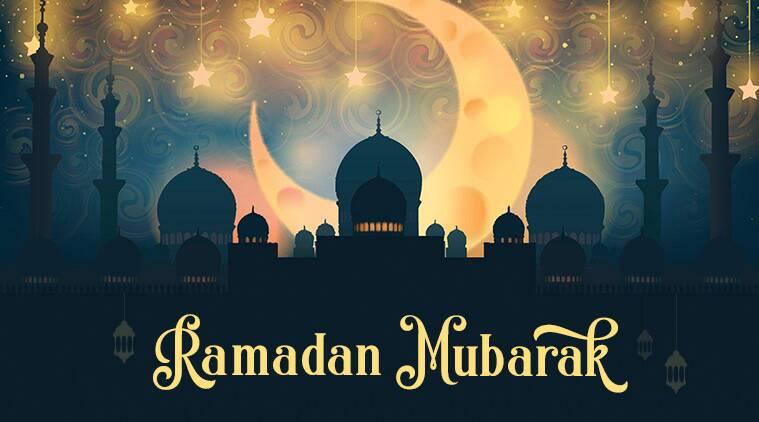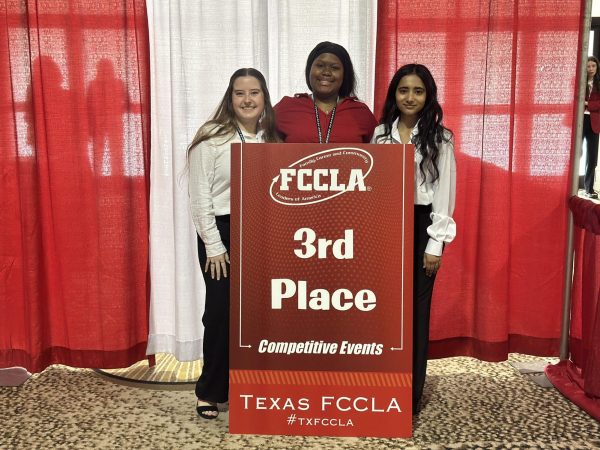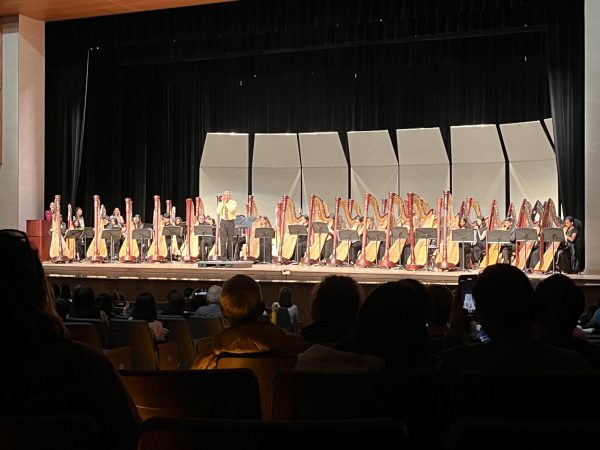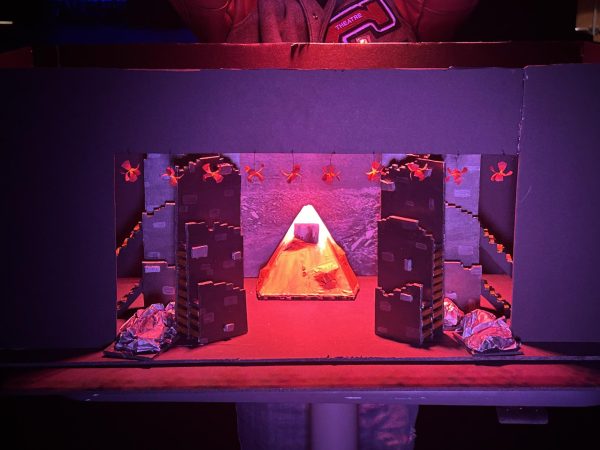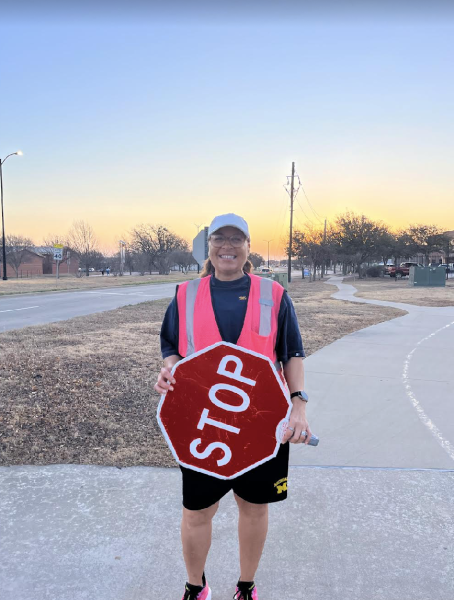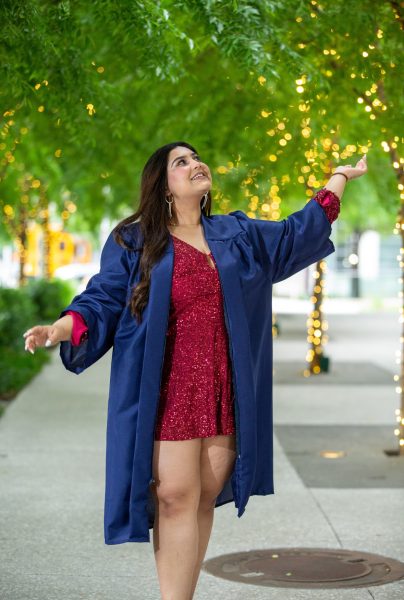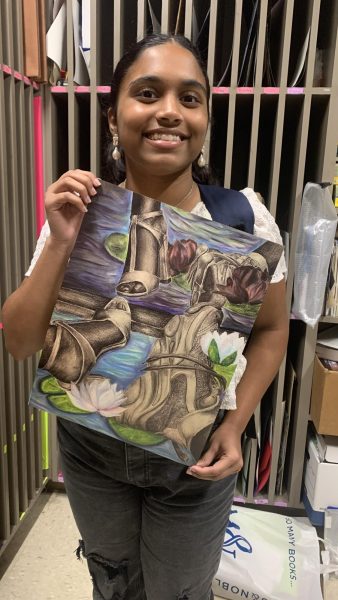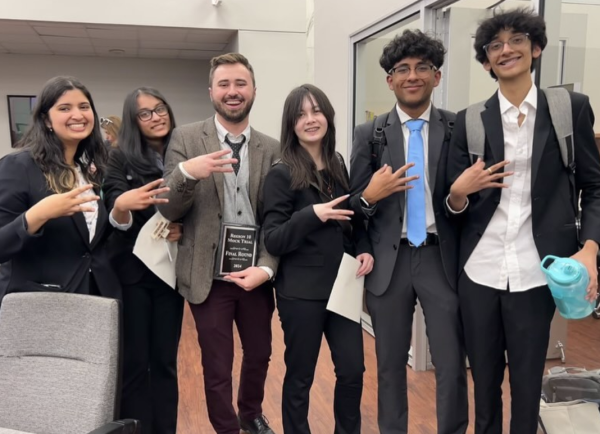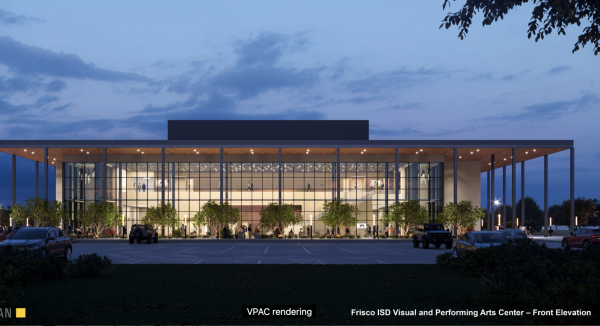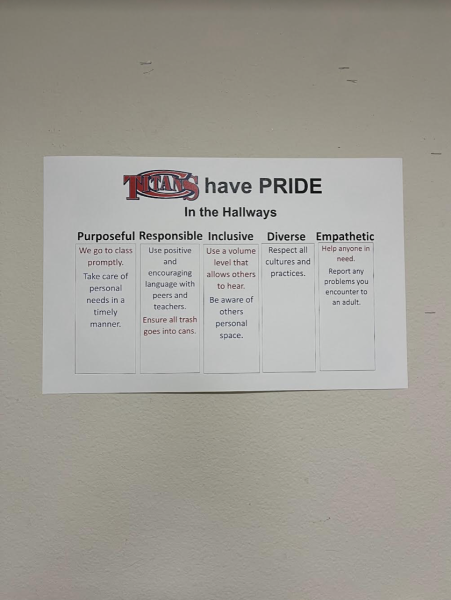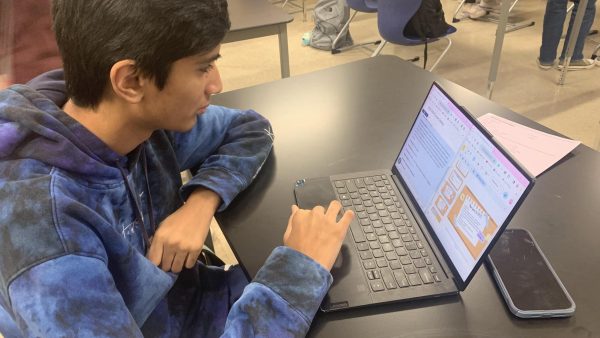Ramadan 2023: Muslims Worldwide Finish The Month of Fasting and Spiritual Reflection
FRISCO, TEXAS – Ramadan is the ninth month of the Islamic calendar and is participated by millions of Muslims around the world. It is a time of fasting, prayer, and reflection. During this month, Muslims abstain from food, drink, and other physical needs from dawn until sunset.
Sehri is the pre-dawn meal that Muslims consume before beginning their fast during the month of Ramadan. It is a significant part of the fasting ritual and plays an important role in helping Muslims sustain their energy and nutrition throughout the day. The fast is broken each day with an evening meal called iftar, which often involves gathering with family and friends. Fasting during Ramadan is one of the Five Pillars of Islam, which are the basic acts of worship. The fast is intended to teach Muslims self-discipline, patience, and empathy for those who are less fortunate. It is also a time for increased prayer and devotion, as Muslims are encouraged to read the Quran, attend nightly prayers at the mosque, and spend time in reflection and meditation. While fasting is a significant aspect of Ramadan, there are exemptions for those who are ill, traveling, or unable to fast for other reasons. Pregnant women and young children are also exempt from fasting.
Beyond the physical act of fasting, Ramadan is a time for spiritual growth and self-reflection. Muslims strive to increase their devotion to God, deepen their understanding of their faith, and engage in acts of charity and kindness towards others. It is a time to strengthen ties with family and community, and to seek forgiveness. The first message of Prophet Muhammad (peace be upon him) is believed to have occurred during Ramadan, making it a particularly holy month for Muslims. The Quran is often recited during Ramadan, and many Muslims aim to complete the reading of the entire book during the month. Throughout the month of Ramadan, Muslims also strive to give back to their communities through acts of charity and kindness. This is known as Zakat, and it is one of the Five Pillars of Islam. Muslims are encouraged to give a portion of their wealth to those in need, and this act of charity is seen as a way to purify one’s soul and show gratitude to God for all of the blessings in life.
As the end of Ramadan approaches, Muslims look forward to the celebration of Eid al-Fitr, which marks the end of the month-long fast. Eid al-Fitr is one of the two major festivals in the Islamic calendar, and it is celebrated with great enthusiasm and joy by Muslims all over the world. The celebrations of Eid al-Fitr typically begin with the sighting of the new moon, which marks the end of Ramadan. On the day of Eid, Muslims wake up early in the morning and perform their morning prayers. They then gather with friends and family to share a festive meal, which typically includes traditional dishes. Also on Eid al-Fitr Muslims always give out Eidi. Eidi is a way of expressing love, affection, and generosity towards children on the occasion of Eid. Eidi is typically given in the form of money, the amount of money given as Eidi varies depending on the family’s financial situation and cultural traditions. In some families, Eidi is given to children by parents, grandparents, or other relatives. Eidi may be given to all children in the community, regardless of whether they are related or not.
Another important aspect of Eid al-Fitr is the wearing of new clothes. Muslims often purchase new clothing for themselves and their families in preparation for the holiday. This is a way to celebrate the end of Ramadan and to mark the beginning of a new chapter in their lives. The celebration of Eid al-Fitr is a time of great joy and happiness for Muslims all over the world. It is a time to come together with family and friends, to give thanks for all of the blessings in life, and to reinforce community ties. Through acts of charity, prayer, and celebration, Muslims are able to mark the end of Ramadan and the beginning of a new chapter in their lives.
Through Ramadan and Eid al-Fitr, Muslims are able to deepen their connection to God. They are able to gain a deeper understanding of the importance of self-discipline, empathy, and charity, and to renew their commitment to these values. Ultimately, Ramadan and Eid al-Fitr are celebrations of faith, community, and the human spirit, and they serve as a reminder of the power of unity and compassion to transform our lives and our world.
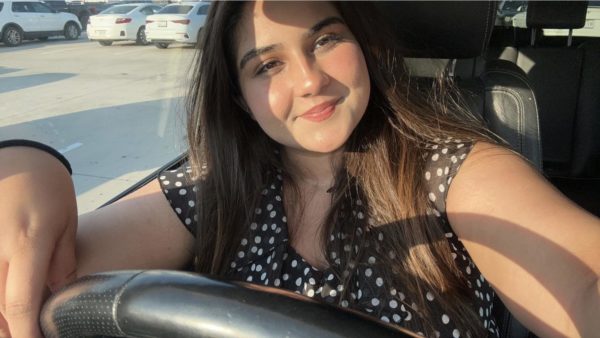
Hi, my name is Sana Hajidamji, I am currently a senior at Centennial High School. I am from Los Angeles, California and I moved to Texas in 2020. I have...


